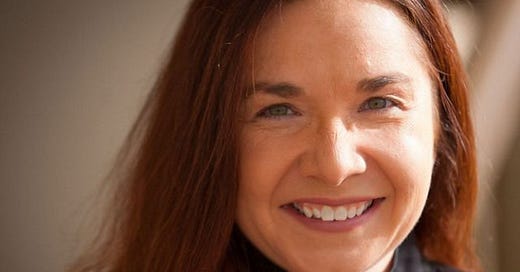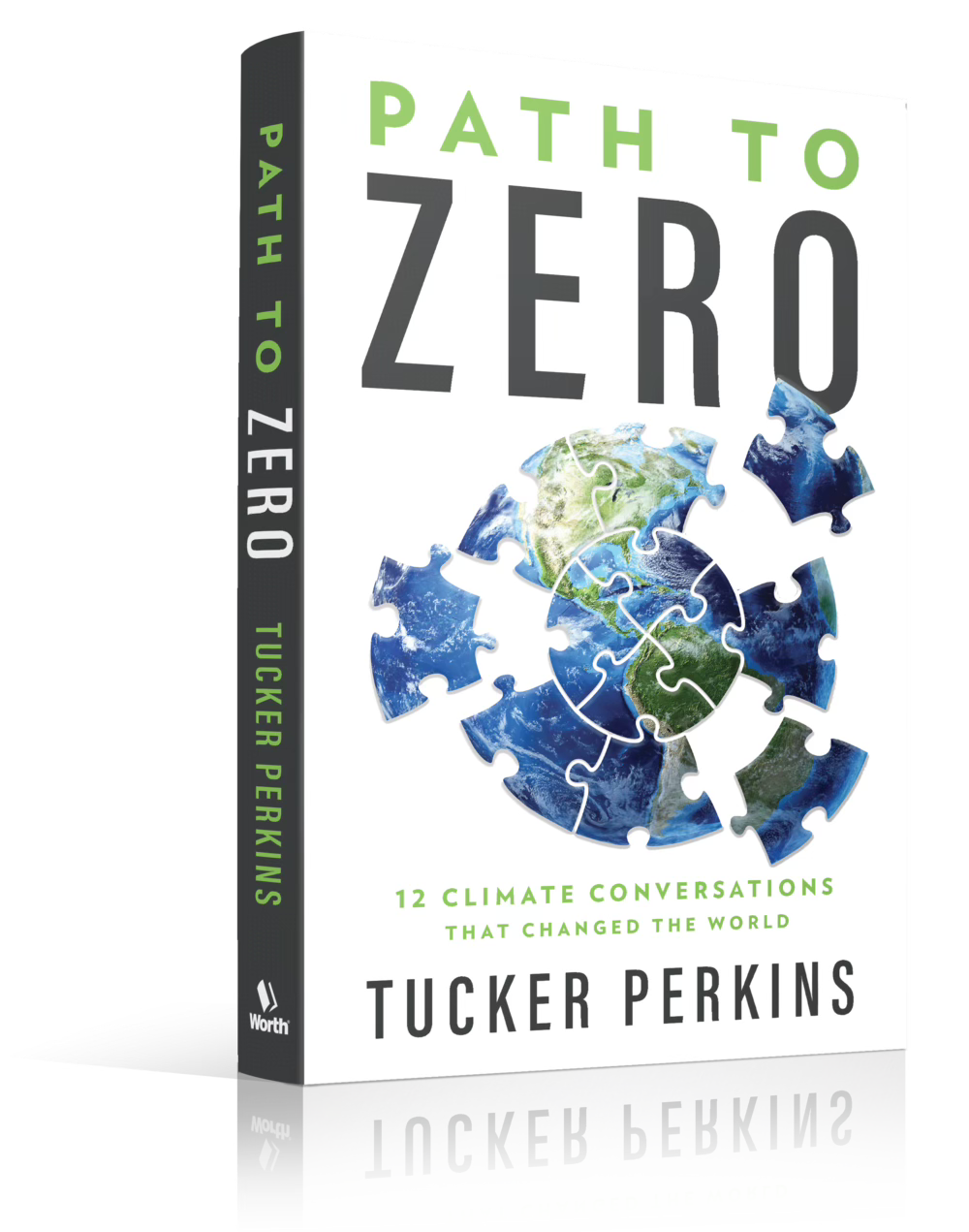PATH TO ZERO CONVERSATION #1 Katharine Hayhoe
February 8, 2020 • Season 3 • Episode 3
Path to Zero is a based on my Path to Zero podcast. In the book, I reflect on 12 of his most memorable conversations with renowned climate scientists, academics, and innovators. Each chapter draws a bright line from the year 2050 back to today to show a variety of climate-friendly solutions that already exist can create a net zero carbon future. My “wide path” philosophy confidently asserts that we can, and are, addressing climate change.
Here on Substack, I am featuring some of my favorite excerpts from the book.
In 2050, we will owe a great deal of thanks to those who did not simply sound the klaxon of doom but, instead, helped us change and gave us hope. The first, most hopeful voice I found among the many people I had the privilege of hosting on Path to Zero was Dr. Katharine Hayhoe, a renowned climate scientist and author of Saving Us: A Climate Scientist’s Case for Hope and Healing in a Divided World.
While pondering the thousand ways in which we will improve the planet on the path to zero, Katharine’s focus on relationship building and productive, positive discussion enables all things on the wide path to emerge and become reality.
Katharine and I met during the COVID-19 pandemic when tensions among political powers and neighbors, family, and friends were extremely high. Ka tharine told me that, no matter where she had traveled over the course of the pandemic, she heard the same two questions over and over when speaking on the topic of climate change:
1. “How do I have a conversation about this issue with a family member, a neighbor, a colleague, a coworker, someone I know?” and,
2. “What gives you hope?”
This conversation gave me all the hope in the world for the future.
Tucker: How do we bridge the gap between those who are concerned and those who are taking action?
Audio of Dr. Katharine Hayhoe from Path to Zero interview
Dr. Hayhoe: By recognizing that there are tangible solutions that every single one of us can engage in. I’m not talking about government policies. I’m not talking about interna-tional agreements. And I’m not talking about changing your light bulbs, either. No, I’m talking about something that we don’t often realize we have, and that is our voice. It could just be our family that we’re talking to, or the people we play golf with or kayak with, or the club that we’re part of, or our coworkers.
Tucker: How do we translate those conversations into actions?
Audio of Dr. Katharine Hayhoe from Path to Zero interview
Dr. Hayhoe: We can say, “Hey, have we thought about doing an energy audit to save money?” Or, “Have we thought about where we get our electricity from?” Or have we thought about saying, “Hey, it’d be great to have a place for people to plug in their cars since more people are getting electric vehicles these days?” Or, “Hey, what about encouraging people to take public transportation?” Twenty or thirty years ago, often you really couldn’t afford to act unless you had money to burn. But these days, it’s becoming increasingly possible. So, for example, if an individual wants to get solar panels on their roof, there are credit unions now that will give you a loan where the monthly payment is a hundred dollars below your average power bill over the last year. So that’s no longer a luxury.





